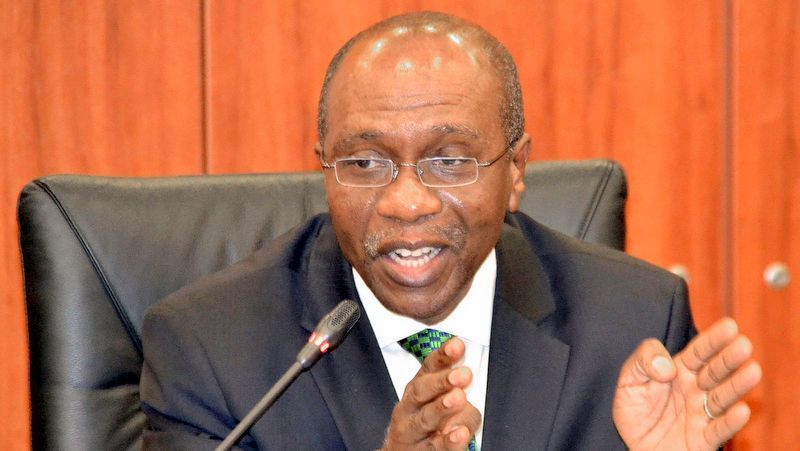The Central Bank of Nigeria (CBN) has disclosed plans to improve its agenda to diversify the nation’s economy from the oil sector to the non-oil sector, through the launch of a set of policies, noting that it targets to achieve $12 billion in export trade by 2024.
The apex bank said it was putting everything in place, including the entire chain of export, to make sure it intervenes and gives all the necessary support from the beginning to the end of export to achieve its target.
Specifically, Richard Maikai, the principal manager, trade and exchange department, CBN, said 30 containers of cassava were recently rejected in China, which signified that our laboratories are not testing the goods properly.
According to him, CBN is already working with the Nigeria National Accreditation System (NiNAS), the regulatory body that oversees all the laboratories, to ensure that all laboratories have the ISO17025 certification without which they would not be accredited.
He maintained that once the CBN can upgrade and make sure that every laboratory is ISO17025 certified, the county’s export and trade sector won’t have such lose again, and would be on track to achieving its target of $12 billion by 2014.
Speaking at the GTR Trade Conference yesterday in Lagos, Maikai noted that to boost investors’ confidence, the CBN had ensured relative stability in the exchange rate in the past 36 months.
“Any investor would want to know that when they invest their funds, they could be able to recoup the funds back. Though our reserve is marginally increasing, the CBN is ready to defend the Naira, so investors can have access and no restrictions to withdrawals.”
In his remarks,Seyi Soetan, head, financial institution coverage and trade finance, Rand Merchant Bank (RMB) Nigeria, said the manufacturing sector, among other sectors, should be the key driver of the nation’s economy.
He said the manufacturing sector is the engine room for growth in any economy, stressing the need for the government to invest funds into the real sector for manufacturing to pick up.
His words: “Funds have to be invested in the real sector, and the fortunate thing is that the CBN has identified the real sector, and manufacturing as key investment areas. “They are trying to move away from oil and focus more on manufacturing and the real sector. You can see this from the amount of money that is being pumped into the manufacturing sector through various intervention funds and the new rules that say banks must lend to the real sector.”









